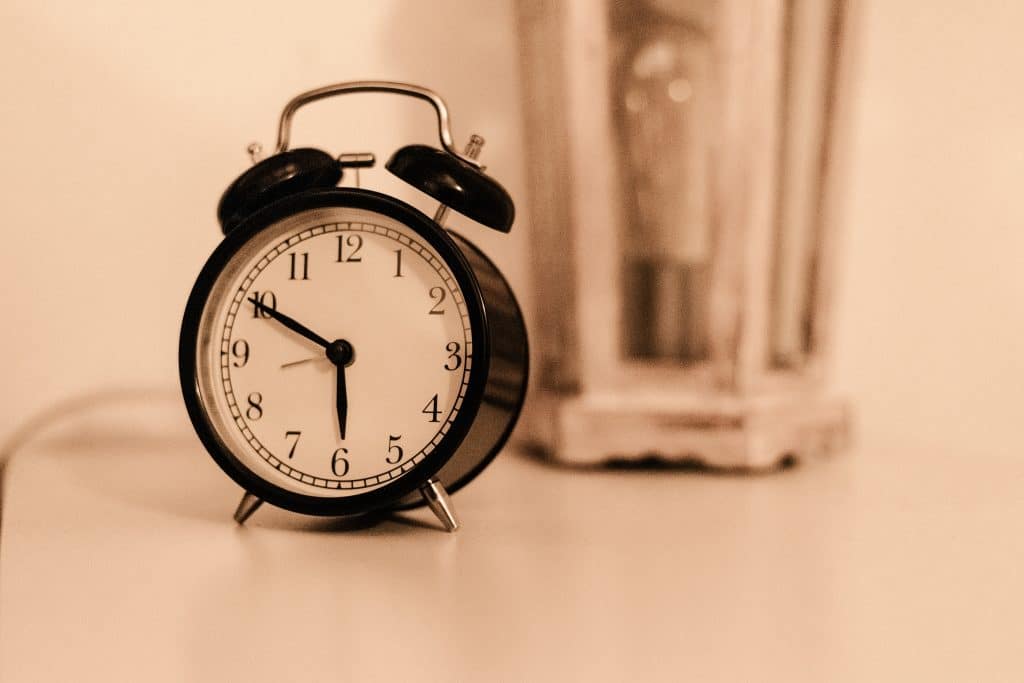
By Eunice Yidana
Tick-tock, tick-tock . . . It’s now been three days since the clocks sprang forward one hour last Sunday. After one year of the COVID-19 pandemic, many people are already struggling with sleep. Add the yearly time change into the mix, forcing a new adjustment to sleep schedules, and many are feeling an extra strain on their well being this week.
“[Daylight savings time] has made me a lot more tired. It’s been difficult to wake up,” says Bianca Celestial, an Ivey student at Western University, who goes to the gym early as part of her routine. “I don’t see a point in it.
She’s not alone. The time change could have adverse effects on the healthy lifestyle of people.
And those who study sleep say people need to make sure they get enough.
“Insufficient sleep is related to pretty much every acquirable mental health disorder and a lot of physical health disorders,” says Justin Hopper, a Master’s student in Neuroscience at Western University in London.
He notes that insufficient sleep leads to a loss in the memory and attention of people and that sleep disorders are linked to depression and anxiety.

Hopper provides some practical and healthy sleeping tips known as sleep-based interventions. It is essential to have a consistent time frame for sleeping, he says. If you sleep at the same time every day, it helps the brain to function properly.
“Blue light arouses natural sleep; don’t associate spatial locations, that is looking at pictures during bedtime,” advises Hopper. “Set eight hours as much as possible” as your required sleeping time frame.
Sleep Awareness Week is from March 14-20 and is an annual event created by the National Sleep Foundation to provide more knowledge on improved sleeping patterns that will accelerate a healthy lifestyle for people.
Canada first observed Daylight Saving Time in 1908, with Thunder Bay being the first city to implement it. Daylight Saving Time has been ongoing for 109 years, and some people are hopeful that there will be an end to this soon.
